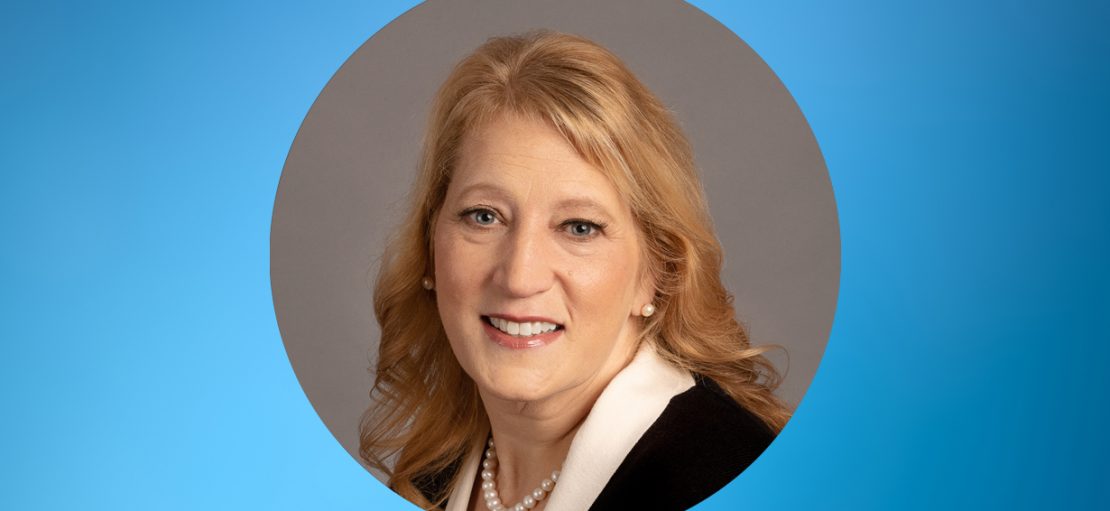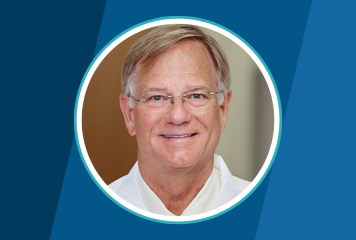Sandra Kane-Gill, Pharm.D., MSc, FCCP, FCCM, is a tenured professor and Interim Chair of Pharmacy and Therapeutics at the University of Pittsburgh School of Pharmacy, and a critical care medication safety pharmacist in the Department of Pharmacy at the University of Pittsburgh Medical Center. Her research focuses on effective approaches for the prevention, detection and management of medication errors and adverse drug events with an emphasis on drug-associated acute kidney injury.
Dr. Kane-Gill was recognized on World Patient Safety Day 2021 as being in the top one percent of scholars in the world writing about medication errors. She has also received several prestigious awards for her accomplishments such as the American Society of Health-System Pharmacists (ASHP) Literature Award for Sustained Contributions, the ASHP Residency Preceptor Excellence Award and the American College of Clinical Pharmacy Therapeutics Frontier Award. Dr. Kane-Gill is a Past President (2022) of the Society of Critical Care Medicine. She joined the ABIM Critical Care Medicine Board in July 2024.
What inspired you to work in pharmacy and what led to your career in critical care medicine?
I’m a firm believer that pharmacists should be promoting and advocating for patient safety and medication safety. When a new drug becomes available on the market, it’s only been studied in 3,000–5,000 patients in clinical trials; we don’t know what new side effects or adverse effects we’ll see from those drugs when they are used in the general population.
Advocating for and protecting the patient have always been of interest to me. I was drawn to critical care medicine because that’s a group of individuals where pharmacotherapy data are often sparse. Critically ill patients have complex medication regimens raising concerns for drug interactions, and drug dosing considerations become very important when a patient develops multiorgan failure. I was interested in the strategy associated with optimizing drug dosing and ensuring safety in this population.
By chance, I ended up on a rotation in critical care during my training and loved the complexity associated with patient care—there are circumstances when very few data are available to drive decision-making, but this should not compromise the delivery of the best care possible. With the lack of data and literature, I call it puzzle-solving or being a convergent thinker; the work I do allows me to help this group of individuals and it still keeps me inspired in the work. The other thing that keeps my work interesting is effective implementation of clinical practice guidelines to assure inclusive and equitable care; next, we don’t have a surplus of new drugs available but we are repurposing drugs for different indications to improve patient outcomes. My career has led me to get involved in research to answer some of those unsolved questions.
What are the research questions that are still unanswered for you?
I focus a lot on how to appropriately manage drugs in patients withdrug-associatedacute kidney injury (AKI) and how to potentially decrease the severity of AKI or even prevent the event from occurring. Right now, we’re working on a machine-learning model to predict AKI within 48 hours, the goal being to identify and manage those patients earlier, and, if the source of AKI is drugs, then decreasing nephrotoxic burden or optimizing drug-dosing is an option.
We don’t have a treatment for AKI. Other unanswered questions are figuring out treatment options and ideal prevention strategies for AKI. It’s not that simple; it’s a multifactorial syndrome. The strategy for treatment would be different for sepsis-associated AKI versus drug-associated AKI, for instance.
How has the emergence of new technology—artificial intelligence (AI), for example, as well as other health information technology—affected what you do?
We’ve developed an AI model that looks at over 200 variables that can predict AKI in 48 hours. Machine learning helps us with that because 200 variables is a lot for one person to process and come up with the same conclusion.
AI as a new technology hasn’t been tested in the care of critically ill patients. Researchers develop models for detecting or predicting AKI but we haven’t found or studied the benefits in patient care to figure out whether it’s worthwhile to implement it. Next, predictive machine learning can be accompanied with clinical decision support alerts. Traditionally, we use rule-based clinical decision support and now, we will have machine learning-driven clinical decision support as tools to assist with management of patients. Currently, clinicians are tentative about using AI tools for patient care.
Telemedicine is another technology tool that has been used in and out of the ICU, for instance, in rural areas where a pharmacist might not be present, and it creates an opportunity for the pharmacist to surveil at a distance. I am using telemedicine as an intervention component of my study to offer medication safety surveillance and enhance patient care at multiple sites within a health system.
I think newer biomarkers that offer insight into prevention, detection and prognostication of diseases will change patient care as knowledge about their use in practice continues to evolve. I am excited to be part of assessing the impact of stress and damage kidney biomarkers as it relates to drug-related acute kidney injury and medication safety.
You’ve been involved in other medical organizations before. What made you interested in joining the Critical Care Medicine Board?
As a past president of the Society of Critical Care Medicine, I had the opportunity to interact with professional organizations like ABIM. Knowing that ABIM is advocating for the best care of patients by ensuring that practicing clinicians are certified and up-to-date on the current evidence led me to be more involved. I’m interested in contributing to the Specialty Board and ABIM as they continue to evolve with certification processes that allow flexibility in how that is delivered, as in the case of the Longitudinal Knowledge Assessment (LKA®). Also, I will advocate for critical care diplomates and the broader medical community.
From your perspective, what is most important for physicians to know about the work that you do? My work emphasizes medication safety, especially for patients with acute kidney injury. I promote nephrotoxin stewardship and implementation strategies to ensure the adoption of evidence-based medication safety practices.



